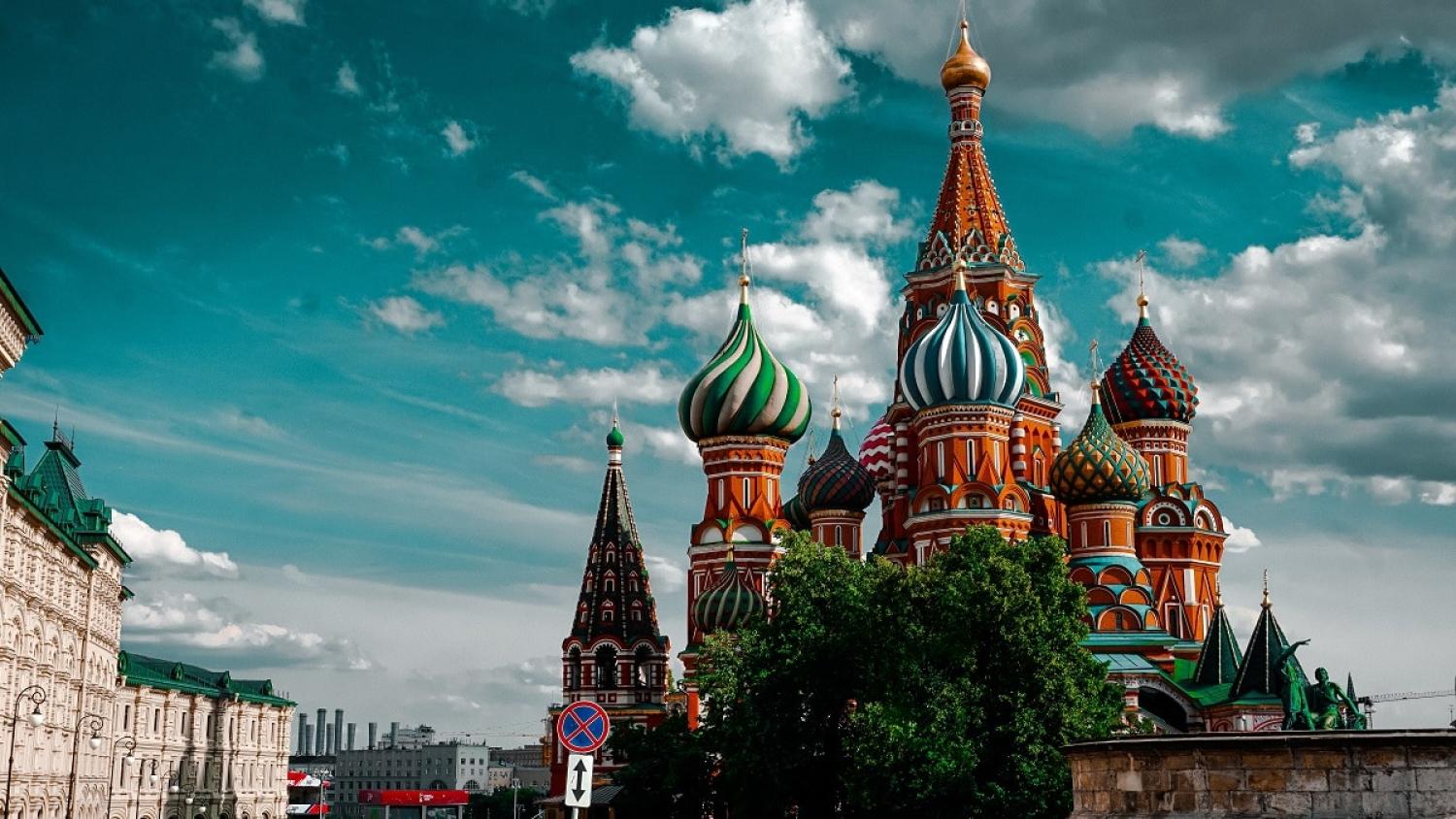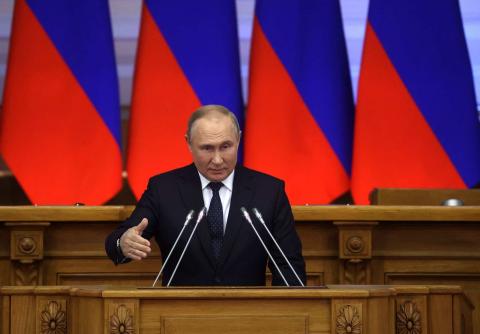What was astounding about the demise of Yevgeny Prigozhin, the late chief of the Wagner Group, was not so much the fact of his death but the spectacular fashion in which he met his fate. After Prigozhin led an unsuccessful uprising in Rostov-on-Don in June, his end appeared certain.
What has been increasingly remarked upon in the days since Prigozhin’s private plane fell from the sky was how his mercurial trajectory from hoodlum to caterer and eventually into the circle of Russia’s political elite came via his mob-like connections, and how this reflects the state of local politics.
Russia under Vladimir Putin has a reputation as a mafia state. Whether or not Putin was directly responsible for the “tragedy”, as he called the crash, speculation about Prigozhin’s apparent killing aligns well with this assessment. As Financial Times columnist Gideon Rachman put it this week, “Putin follows a mobster honour code. Betrayal and disloyalty are the sins that can never be forgiven.”
There have been debates about whether Russia can be classified as a fascist state, however, Putin’s Russia certainly exhibits characteristics of both an authoritarian state and a kleptocracy. Mafia states feature centralised corruption networks led by a monopolistic political elite that control societal structures. Such a circumstance emerges through a sequence of stages, from basic corruption in a single-party system to oligarchic wealth accumulation during rapid privatisation, and culminates in state capture, where laws are manipulated for the benefit of the ruling elite. These mafia states often thrive due to the collusion between organised crime syndicates, politicians and civil servants, particularly in failing states.

The genesis of this complex tale can be traced back to St Petersburg in the 1990s, where Putin served as deputy mayor after leaving the Committee for State Security (KGB). He cultivated intricate relationships with the Tambovsko-Malyshevskaya criminal syndicate, which dominated St Petersburg’s flourishing gambling industry before it moved operations to Spain to capitalise on money-laundering opportunities there. The collapse of the Soviet Union had created the conditions for the rise of organised criminal networks. Contrary to previous accounts, Putin revealed in his comments on Prigozhin’s death that his initial encounter with him took place during this era.
It was Alexander Litvinenko, a former Federal Security Service (FSB) officer investigating corrupt colleagues, who discovered Putin’s associations with illicit activities. Litvinenko asserted that his termination from the FSB was the price of attempting to blow the whistle. Following the assassination of Anna Politkovskaya, a journalist and friend known for her opposition to the Chechen war and criticism of Putin, Litvinenko sought asylum in Britain with his family, only to be ultimately tracked down by his former colleagues and killed with polonium-210 slipped into his tea, purportedly under Putin’s directive.
Putin’s feigned expression of sympathy in his eulogy to Prigozhin’s family last week was telling of the symbiotic relationship between Putin and the war oligarch. This appeared a calculated manoeuvre to instil fear among the Russian elites, a cautionary message against contesting Putin’s authority, underscoring the extent to which the Kremlin will go to ensure its own security.
Power within the Kremlin features the enigmatic fusion of formal governance and clandestine networks. Allegiance to the Kremlin serves as the ultimate criterion for survival, and those designated as traitors by Putin are not safe, not even abroad. Russia will continue to project an image of resolute leadership to its people, with Putin remaining an indomitable figure, and those considered disloyal will be methodically neutralised.
To the international community, Russia may appear disordered, volatile and profoundly fractured. The sudden and significant loss of senior leadership leaves the future of Wagner’s operations in Africa shrouded with uncertainty, jeopardising everything from operational capabilities to contract acquisitions. Following the rebellion, Wagner has already been rendered inactive in Ukraine and Syria. Nations such as Mali and Central African Republic (CAR) may reconsider aligning with figures of Prigozhin’s ilk when there is a risk of having to rebuild partnerships from scratch. However, as it stands, the relationship between CAR and Russia seems to be based on mutual understanding and appears intact. Prigozhin is clearly replaceable – and that too may be Putin’s message.
And indeed, the competing interests and allegiances mean the potential fragmentation of power in Russia stands constant. This state of affairs may also open the door to other warlord-like figures boasting a private army, such as Putin’s proxy in Chechnya, Ramzan Kadyrov and his loyal band of Kadyrovites. Putin has taken precautionary measures, issuing a decree requiring all mercenaries to formally declare allegiance to Russia to mitigate retribution.
Putin will go on eliminating rivals, until one doesn’t miss.

